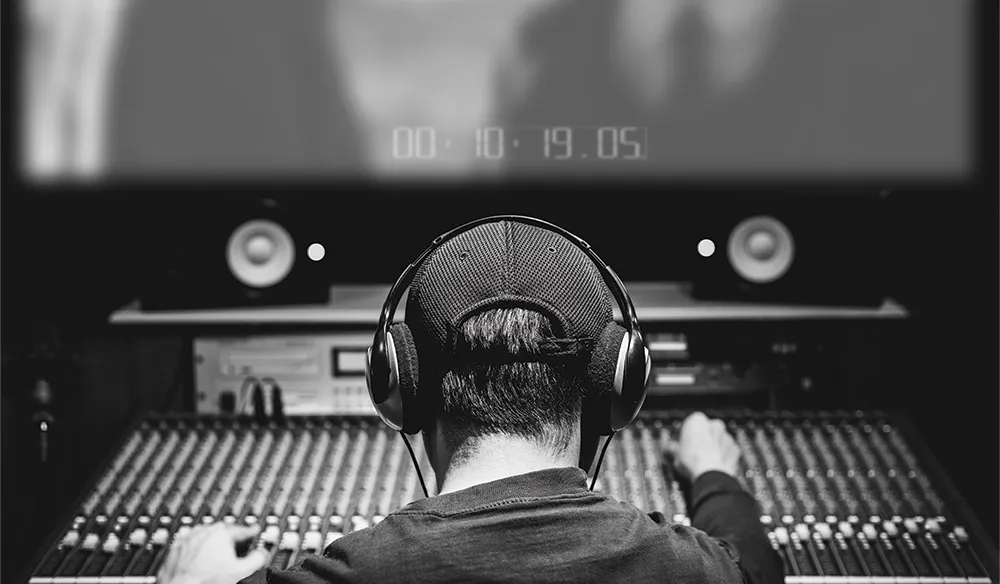A film score is the original music composed specifically for a movie to enhance its storytelling, atmosphere, and emotional impact. Unlike a soundtrack, which might feature popular songs or pre-existing music, a film score is carefully crafted by a composer to match the mood, tone, and scenes of a film. The score plays a critical role in shaping how the audience experiences a movie, often going unnoticed yet profoundly influencing the way viewers interpret the story and emotions on screen.
The Role of a Film Score
Enhancing Emotion
The primary purpose of a film score is to amplify the emotional experience of a movie. Whether it’s suspense in a thriller, joy in a romantic comedy, or fear in a horror film, music heightens the emotional responses of the audience. Through its melodies, rhythms, and harmonies, a well-composed score can evoke feelings that deepen the connection between the viewer and the story.
For example, in a dramatic scene, a slow, somber score might highlight the sadness of a moment, while a fast-paced, intense score can build tension in an action-packed sequence. Music has the power to shape the audience’s emotional journey, often guiding their reactions to what is happening on screen.
Setting the Tone and Atmosphere
A film score also helps to set the tone and atmosphere of a movie. From the opening credits to the final scene, the music prepares the audience for the type of experience they are about to have. A grand, sweeping score might signal an epic adventure, while minimalist, eerie sounds could indicate a psychological thriller.
The tone set by the score often gives the audience subtle clues about the direction of the story. For example, in horror films, discordant music or sharp, high-pitched notes can create a sense of unease even before something scary happens. In contrast, a cheerful or whimsical score in a comedy lightens the mood, enhancing the humor and pacing of the film.
How Is a Film Score Created?
The Role of the Composer
A film composer is the creative force behind a movie’s score. After being hired by the director or producer, the composer works closely with the filmmaking team to understand the story, characters, and emotions that need to be conveyed. The composer’s job is to write music that aligns with the director’s vision while also standing on its own as a musical piece.
Once the film is in its final stages of editing, the composer typically watches the movie repeatedly to time the music perfectly with the scenes. They will then begin composing themes for characters, locations, or pivotal moments in the film, making sure the score supports the narrative structure. After the music is composed, it is performed by musicians, often with a full orchestra, and then recorded to be synced with the film during post-production.
Themes and Motifs
Many film scores include recurring themes or motifs that are associated with specific characters, locations, or emotions. These musical themes serve as auditory cues for the audience, helping them make connections between scenes and ideas within the movie. For instance, in the Star Wars series, the “Imperial March” theme is instantly recognizable and always associated with Darth Vader and the Empire.
These motifs not only reinforce the story but also create a memorable experience for viewers, leaving a lasting impression long after the movie ends.
The Difference Between a Film Score and a Soundtrack
Film Score vs. Soundtrack
While the terms “film score” and “soundtrack” are sometimes used interchangeably, they refer to different components of a film’s music. The film score is the original music composed for the movie, as explained earlier. The soundtrack, on the other hand, can include both the film score and additional songs that were used in the movie, such as popular music tracks or pre-existing songs.
For example, a film’s soundtrack may feature licensed songs by well-known artists that are played during specific scenes, while the film score consists of the instrumental music composed to accompany the entire movie. Both elements are crucial, but the film score plays a more integrated role in the narrative.
